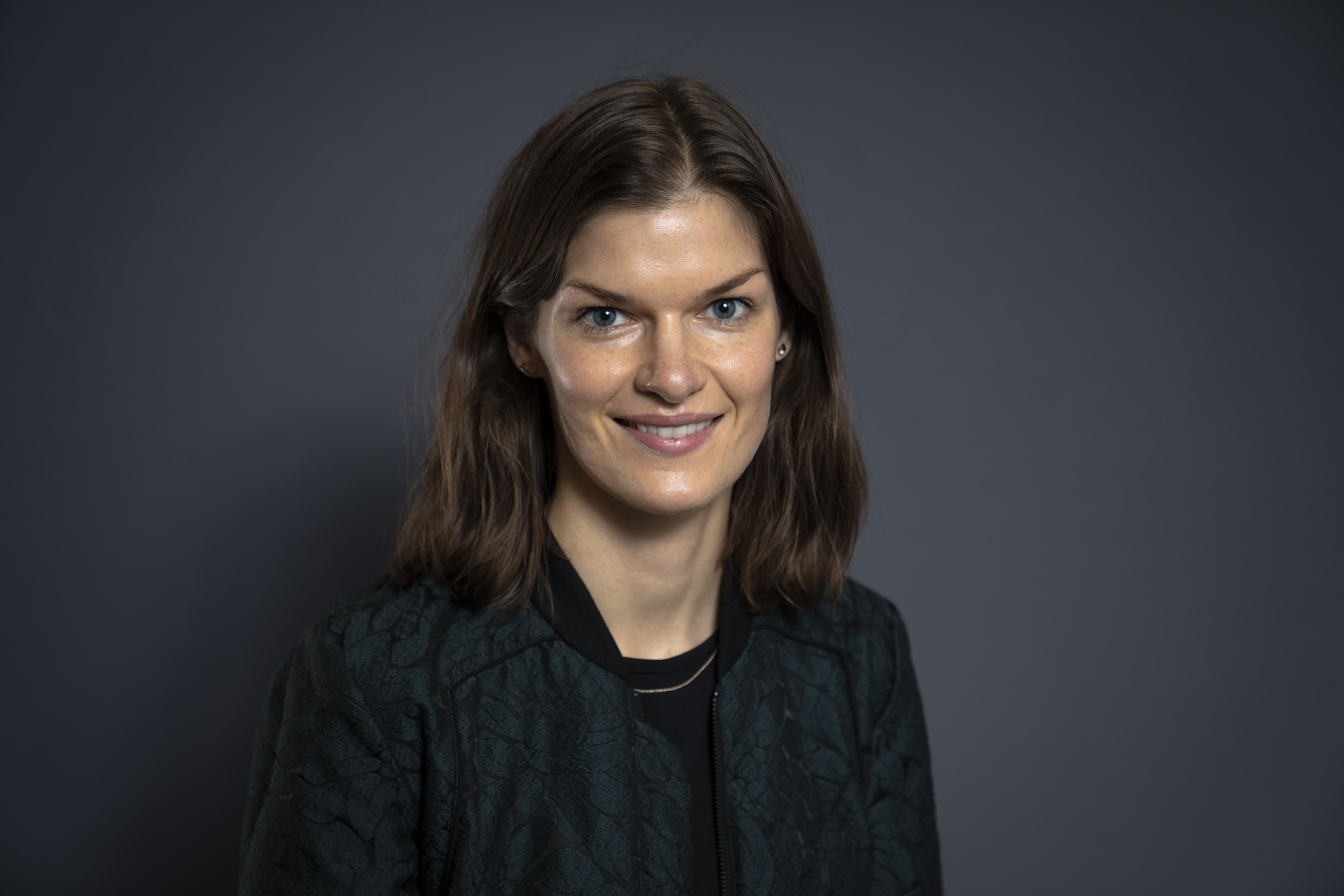Kristina Bakkær Simonsen
Research leader

Project title
How and why immigration divides us: The role of moralization
What is your project about?
My project takes its point of departure in an experience that I think many of us have: Immigration is an increasingly divisive topic in many countries. We strongly disagree with each other about the value of immigration, and we cannot stand the people who view the topic differently from us. At the same time, recent evidence shows that public opinion on immigration has been stable for decades. How do we make sense of these seemingly contradictory trends? I argue that politicians through their rhetoric have moralized immigration. As a result, citizens view their existing attitudes as more critical for their political choices and for their relationships to other people. Because immigration has become a moral issue, we pass harsher judgments on the people we disagree with, and we are less willing to engage in dialogue. The aim of the project is to contribute to our knowledge about the role that politicians play in moralization processes and how moralization may contribute to making immigration more politically and socially divisive for citizens, even though opinions have not changed.
How did you become interested in your particular field of research?
I have always been curious about how immigration brings to the fore fundamental questions about who we are. In recent years, I have noticed that politicians have begun to speak about the topic in a certain way: they appeal to norms, principles and values in the debate about immigration. That made me think about what it does to us when politicians talk about “right” and “wrong” kinds of immigrants, or when they say that it is “unfair” when society does not acknowledge the contributions that immigrants make.
What are the scientific challenges and perspectives in your project?
The project consists of several constituent parts that together make the whole. In addition, I examine the question about politicians’ role in the moralization of immigration across several western countries, requiring in-depth knowledge about the political dynamics and cultural differences of these countries. The perspectives and potential in combining these different parts and in investigating the phenomenon cross-nationally are to establish a much better understanding of what drives the polarization around immigration in very different contexts. Ultimately, the results of the project will enable us to cast light on the forces that prevent us from “respectfully disagreeing”.
What is your estimate of the impact, which your project may have to society in the long term?
Disagreement is a condition when living in a democratic society. However, when politicians add moral weight to these disagreements, it may challenge citizens’ abilities to tolerate and accept that others view the world differently. In the long term, a better understanding of what drives polarization will enable us to develop initiatives to secure judgment-free dialogue around our disagreements.
Which impact do you expect the Sapere Aude programme will have on your career as a researcher?
It is a great honour and acknowledgement to receive a Sapere Aude grant! The grant gives me the opportunity to place myself centrally in a new and growing research field and to gather a research group around my agenda – something I have been wishing for for a long time. I look forward to growing as a researcher and research leader and to contributing with important knowledge about why we are so divided around immigration.
Background and personal life
I love to move my body and I use running, walking and yoga as opportunities for getting out of my head and into my body. I am a bit of a news junkie and consume many news articles and podcasts each week. I am married to Roman who is also a political scientist, which means that politics and societal debate take up a lot of space in our home. Roman and I live in the centre of Aarhus – in an apartment on the sixth floor, with no lift, meaning I am very good at walking on stairs!
View all research leaders here
Research institution
Aarhus University, Business and Social Sciences, N/A
Research field
Political Science
City of your current residence
Aarhus
High school
Silkeborg Gymnasium
